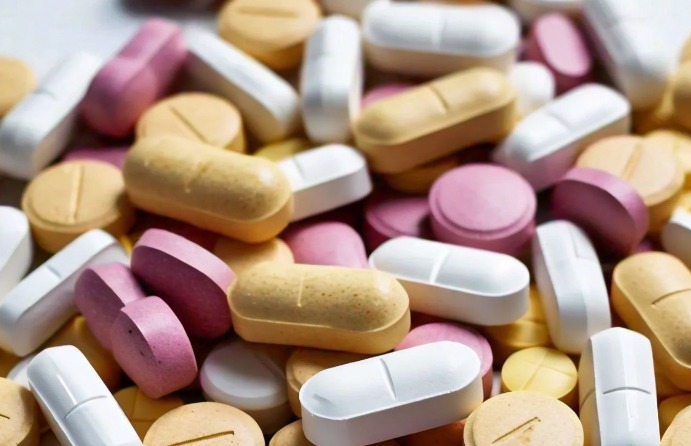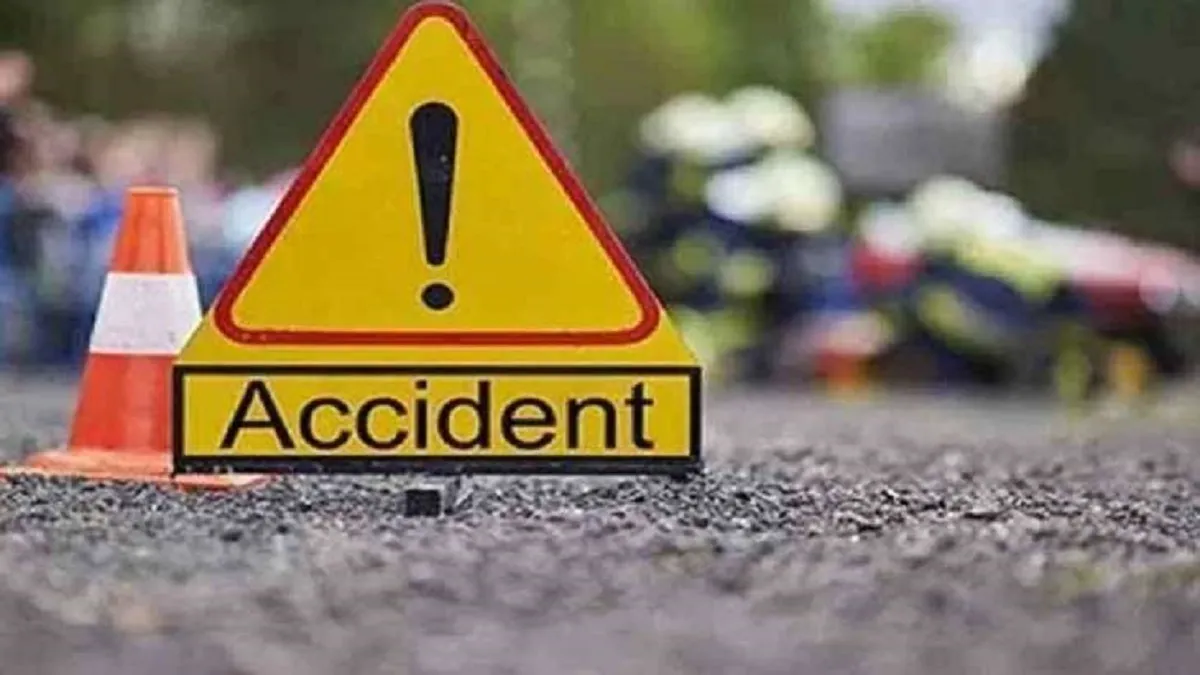New Delhi: In a recent and concerning development, India’s drug regulator, the Central Drugs Standard Control Organisation (CDSCO), has flagged over fifty medications, including treatments for diabetes, high blood pressure, and bacterial infections, as not meeting quality standards. The alert issued for August designates these drugs as "Not of Standard Quality" (NSQ), raising alarms about the safety of widely used medications.
Among the drugs failing to meet quality benchmarks are some from leading pharmaceutical companies like Alkem Laboratories, Hetero Drugs, Hindustan Antibiotics Limited (HAL), and Karnataka Antibiotics and Pharmaceuticals Ltd. Notably, the list includes Glimepiride, an anti-diabetic medication; 500 mg paracetamol tablets; Telma H (Telmisartan), used for treating high blood pressure and acid reflux; and calcium supplements Shelcal C and D3.
Shelcal, a calcium supplement produced by Pure & Cure Healthcare in Uttarakhand and distributed by Torrent Pharmaceuticals, was flagged as NSQ. Similarly, Metronidazole, a commonly used antibiotic produced by HAL, failed to pass quality standards.
The scrutiny extends to Clavam 625 and Pan D, low-strength antibiotics manufactured by Alkem Health Science, which were found to be substandard by a state-run laboratory in Kolkata. The laboratory also identified Cepodem XP 50 dry suspension, a pediatric antibiotic from Hetero Drugs, as not meeting the required quality criteria.
Sun Pharma Laboratories Ltd. also came under the spotlight after its Ursocol 300, a medication used to dissolve certain gallstones, was identified as potentially spurious. Karnataka Antibiotics & Pharmaceuticals Ltd.’s paracetamol tablets, widely used for pain and fever, were also flagged for quality issues. Additionally, multiple batches of Telmisartan, a blood pressure medication manufactured by Life Max Cancer Lab in Haridwar, failed quality control tests.
The CDSCO issued two reports highlighting these quality concerns. One report lists 48 drugs that failed to meet quality standards, while the other contains responses from the implicated pharmaceutical companies. Several manufacturers, including Sun Pharma and Glenmark, have denied producing the flagged batches, suggesting the possibility of counterfeit drugs being involved.
Sun Pharma faced further scrutiny after three of its drugs—Pulmosil (used for erectile dysfunction), Pantocid (used for acid reflux), and Ursocol 300 (used for gallstones)—failed quality checks. Glenmark’s hypertension medication Telma H (Telmisartan) and Macleods Pharma’s arthritis treatment Defcort 6 were also implicated. However, all three companies have distanced themselves from the flagged batches, again raising concerns about counterfeit drugs in circulation.
These findings were detailed in the latest non-standard quality (NSQ) alerts issued by the CDSCO. The alerts are based on random monthly tests conducted by state drug authorities as part of ongoing efforts to ensure the safety of medications in the market.
In a related move, the CDSCO has recently banned over 156 fixed-dose combinations (FDCs), citing potential risks to human health. This ban includes popular medications like Cheston Cold and Foracet, which are commonly used for treating fever, pain, and allergies. Since 2014, the regulator has banned a total of 499 FDCs, as part of its ongoing efforts to address safety concerns surrounding multi-drug formulations.
Let the Truth be known. If you read VB and like VB, please be a VB Supporter and Help us deliver the Truth to one and all.
Srinagar (PTI): Two police officers died in an accident on the Jammu-Srinagar national highway here, an official said on Monday.
Three sub-inspectors travelling from Srinagar to Jammu after performing Amarnath Yatra duty met with an accident at Tengan in Lasjan area of the city, the official said.
The injured police officers were rushed to a hospital where two of them were declared brought dead.
The deceased have been identified as Sachin Verma and Shubham, while the injured officer has been identified as Mastan Singh, he said.





